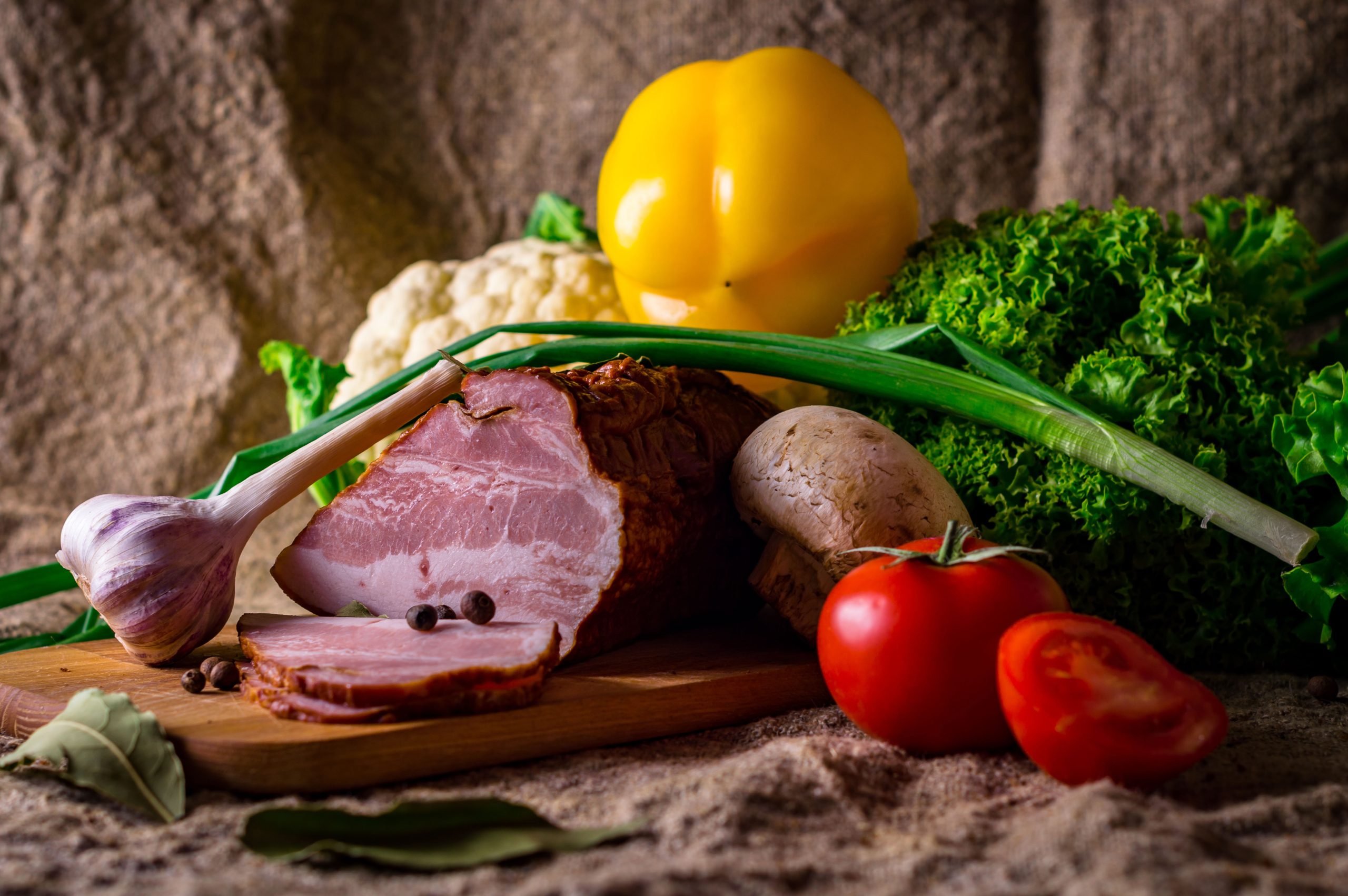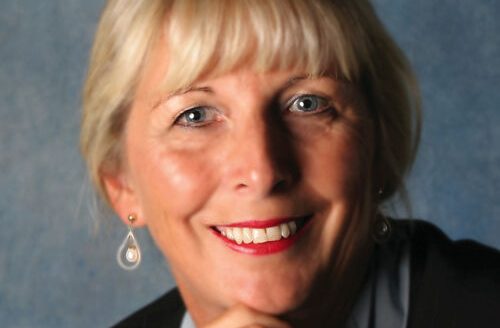USDA investing $2.3 billion to strengthen global US exports, provide food aid

U.S. Secretary of Agriculture Tom Vilsack recently announced that the United States Department of Agriculture will use $1.3 billion from the Commodity Credit Corporation to establish the Regional Agricultural Promotion Program. This new program is designed to bolster international trade and develop new markets for U.S. commodities abroad.
“We continue to look for ways in which we can increase trade opportunities for U.S. agriculture, especially because of the strength of the U.S. economy and the difficulties experienced in the global economy,” Vilsack said. “We now find ourselves with unusual trade deficits in agricultural products. This will complement existing trade promotion programs as we await Congress’s action on both the budget and the farm bill.”
The creation of RAPP comes as another popular trade program, the Agricultural Trade Promotion Program, will come to an end next year. The ATP program was created in 2018 by President Donald Trump in response to the trade war with China. That program assisted U.S. agricultural exporters in securing new markets and easing tariff and non-tariff barriers with certain countries.
The announcement of RAPP was met with support and appreciation for numerous agricultural organizations, such as the U.S. Meat Export Federation, U.S. Grains Council, National Milk Producers Federation and U.S. Dairy Export Council, American Soybean Association, U.S. Wheat Associates and the National Association of Wheat Growers.
“Study after study has shown that these programs consistently meet their purpose to boost agricultural export volume and revenue while supporting the entire U.S. economy, and the benefits grow with additional funding,” said Michael Peters, U.S. Wheat Associates chairman.
In addition to RAPP, the USDA will use up to $1 billion to purchase in-kind U.S. commodities and distribute them to countries with food shortages. The food assistance was proposed because of the ongoing conflict between Ukraine and Russia, which has restricted Ukraine’s ability to export commodities via the Black Sea to countries that rely on them for their food supply.
“Additional funding for food assistance programs will help address the most urgent humanitarian needs in a generation,” said NAWG President Brent Cheyne. “USW and NAWG look forward to working with USDA and other partners to ensure additional food donations generate the most benefit where it is needed most.”
Lacey Vilhauer can be reached at 620-227-1892 or [email protected].



